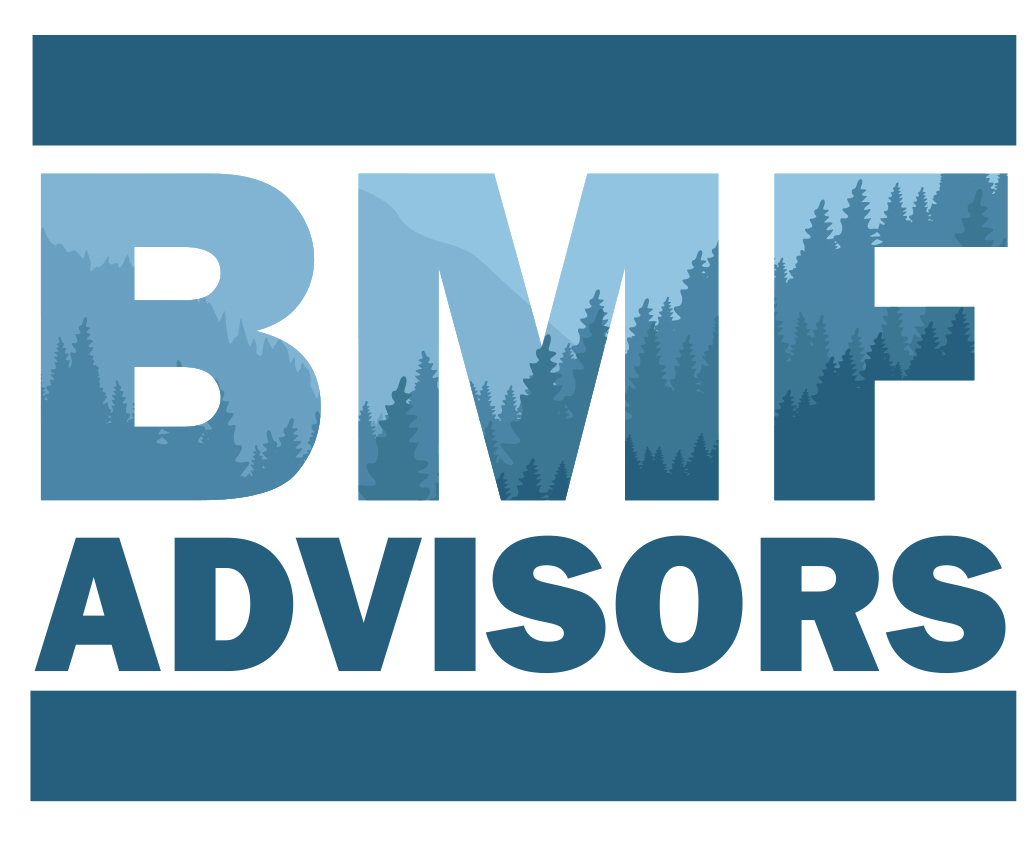The Small Business Administration (SBA) offers information about loans for small businesses and resources for people interested in applying. Here are four loan programs you should know about.
- Microloan Program
While microloans on average provide applicants with around $13,000, you may receive as much as $50,000 in certain circumstances. This type of SBA loan is meant for small businesses that are new or looking to expand. You can use them as working capital or to pay for equipment, furnishings, supplies and inventory. There are two main things you cannot use microloans for:
- Purchasing property
- Paying existing debt
- Community Advantage Loans Program
To be eligible for a Community Advantage SBA loan, you need to prove that your business is viable and credit-worthy. However, your available collateral and the size of your balance sheet don’t limit your eligibility. This is because the Community Advantage Loans program is meant to make sure small businesses in under-served economic sectors are able to access funding to meet their technical managerial and credit needs.
- SBA 7(A) Loan Program
The SBA 7(a) loan program is one of the most well-known SBA loan programs. These loans have longer financing terms and require smaller down payments. This program aims to assist small business owners and the organizers of startups who want help managing their cash flows. SBA 7(a) loans have some specific eligibility requirements. You must provide copies of your business tax returns for the previous three years and your personal tax returns for the previous two years in your application for this type of loan.
- SBA Express Loan Program
SBA Express Loans are meant to provide long-term funding for small businesses. You can only apply for this program if your business has been in operation for at least eighteen months. You can use these loans to purchase equipment or for working capital. These loans can provide you with funding in amounts as high as $350,000. You only need to provide proof of income if your loan amount is higher than $100,000. If you need to provide proof of income, you will need to include records of your personal and business tax returns for the previous two years.
Remember, the SBA does not offer loans directly. Instead, you must apply for these loans through a lender that works with the SBA, such as a bank. The SBA provides resources to help you find appropriate lenders near you.
